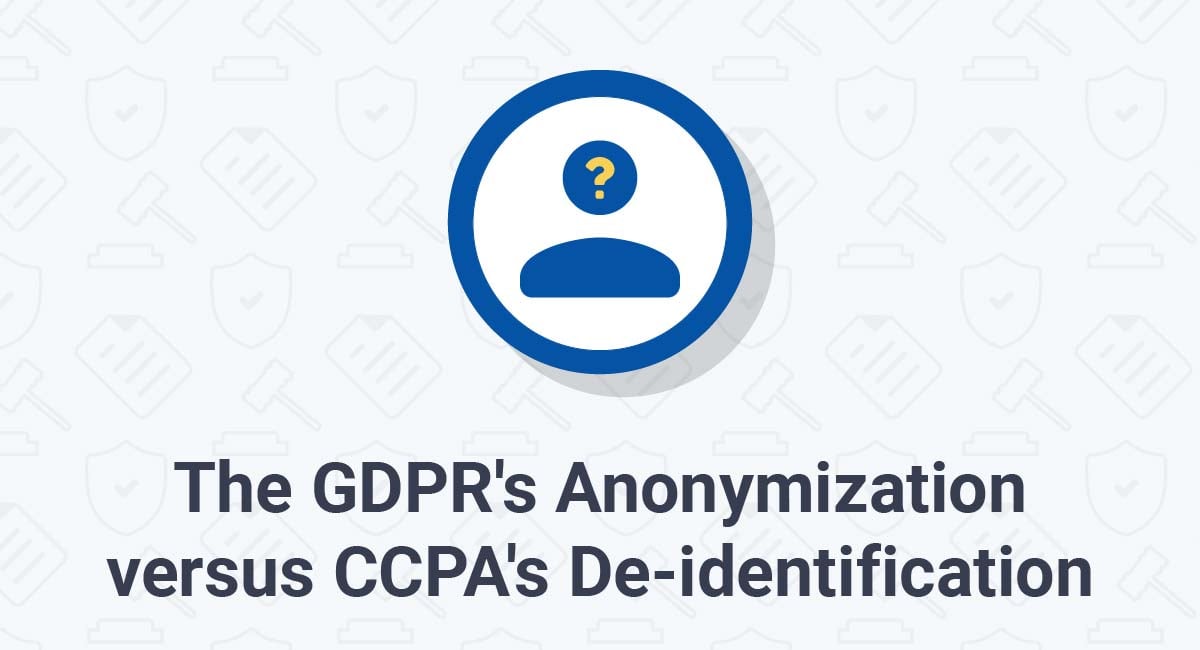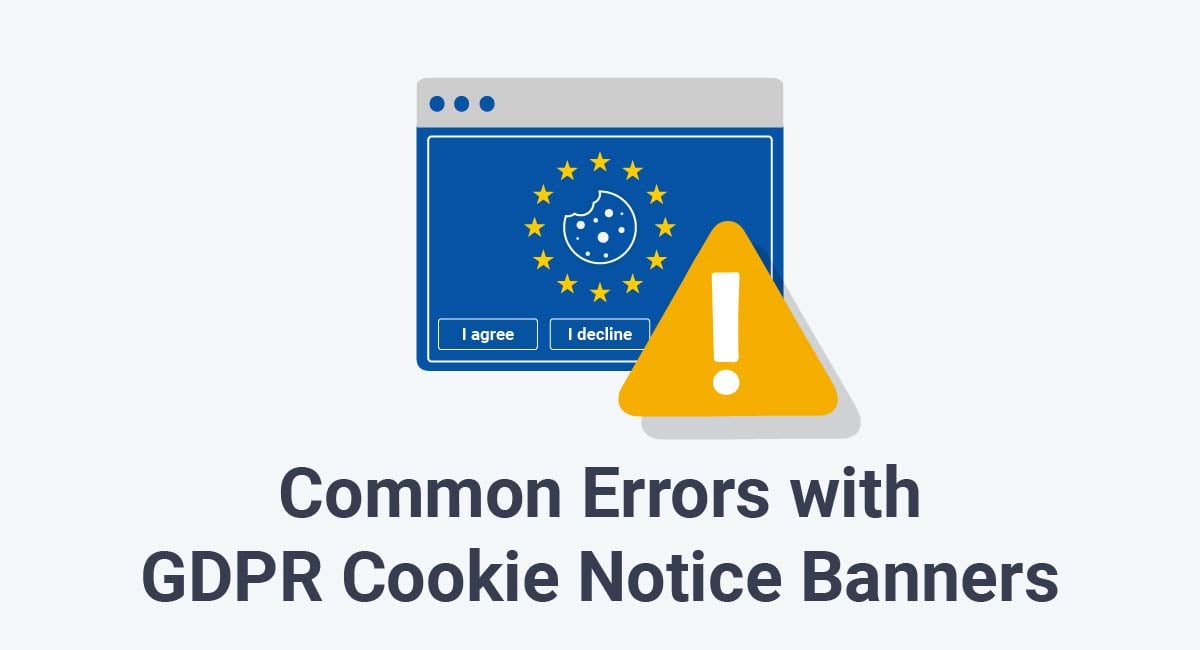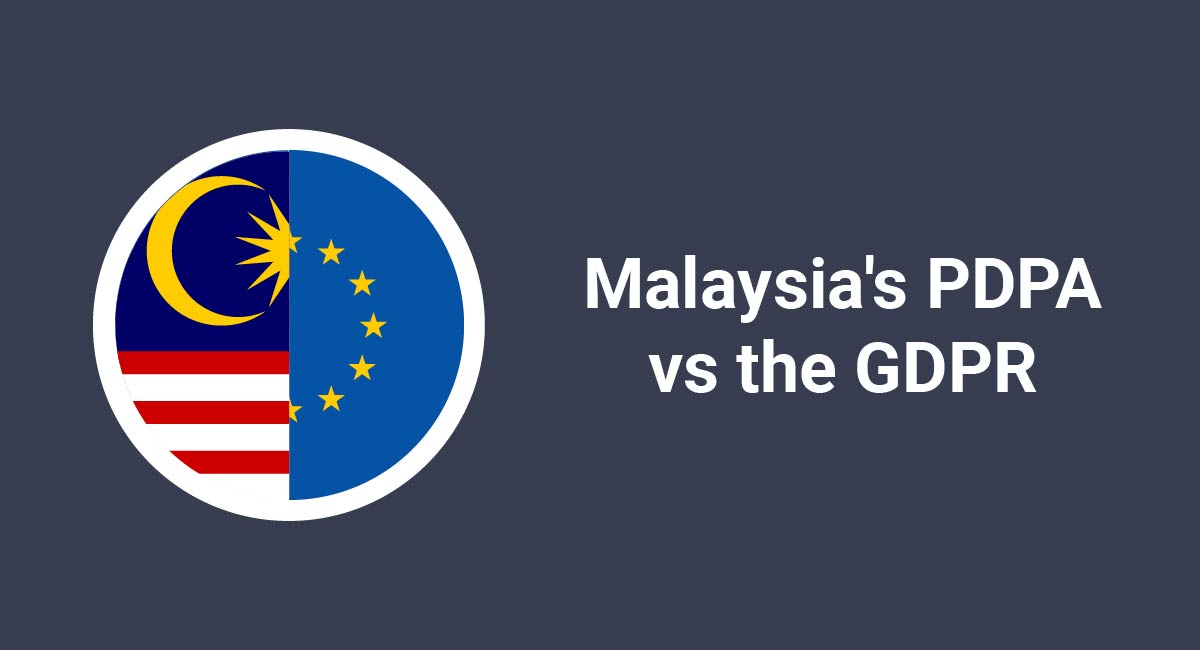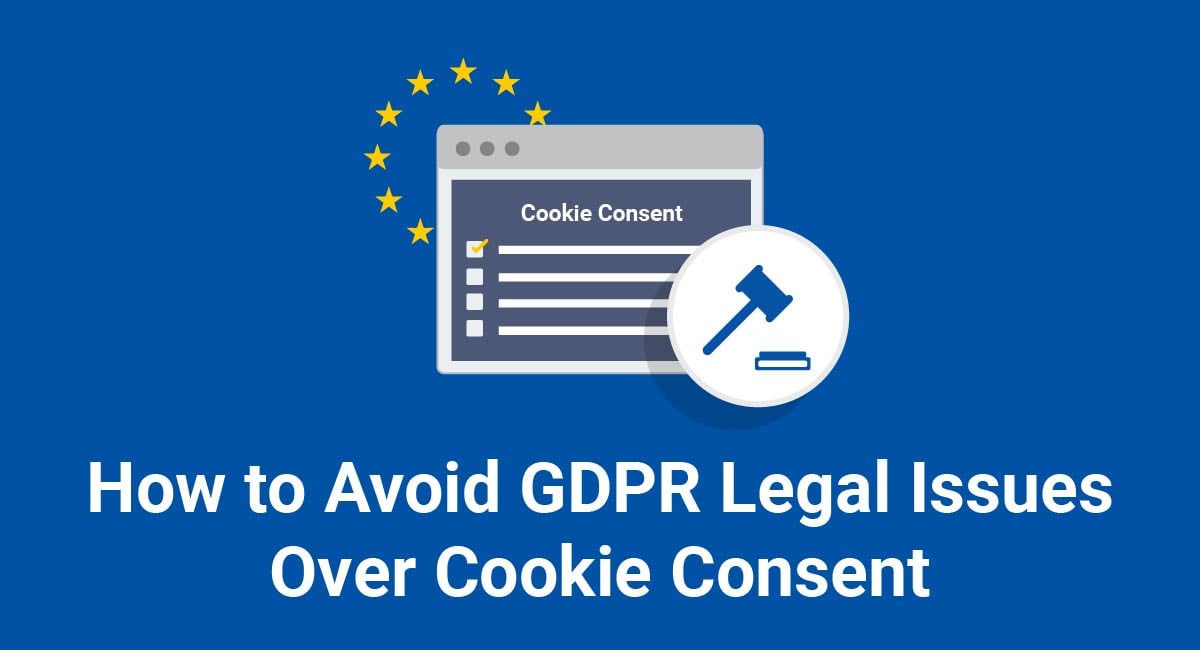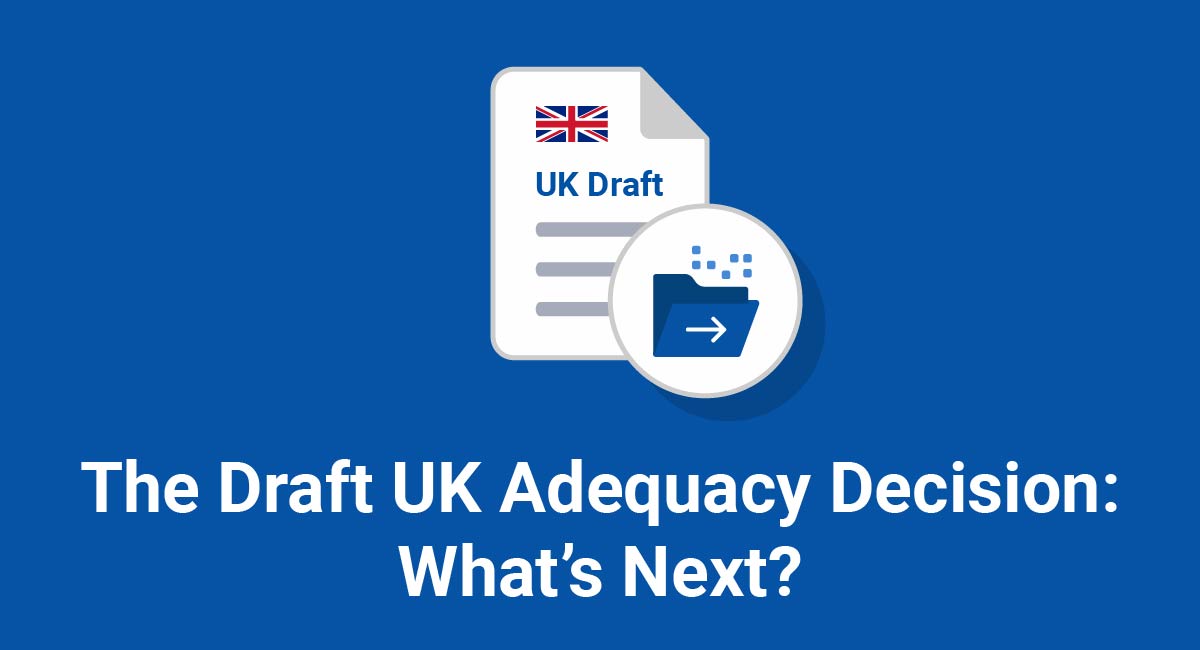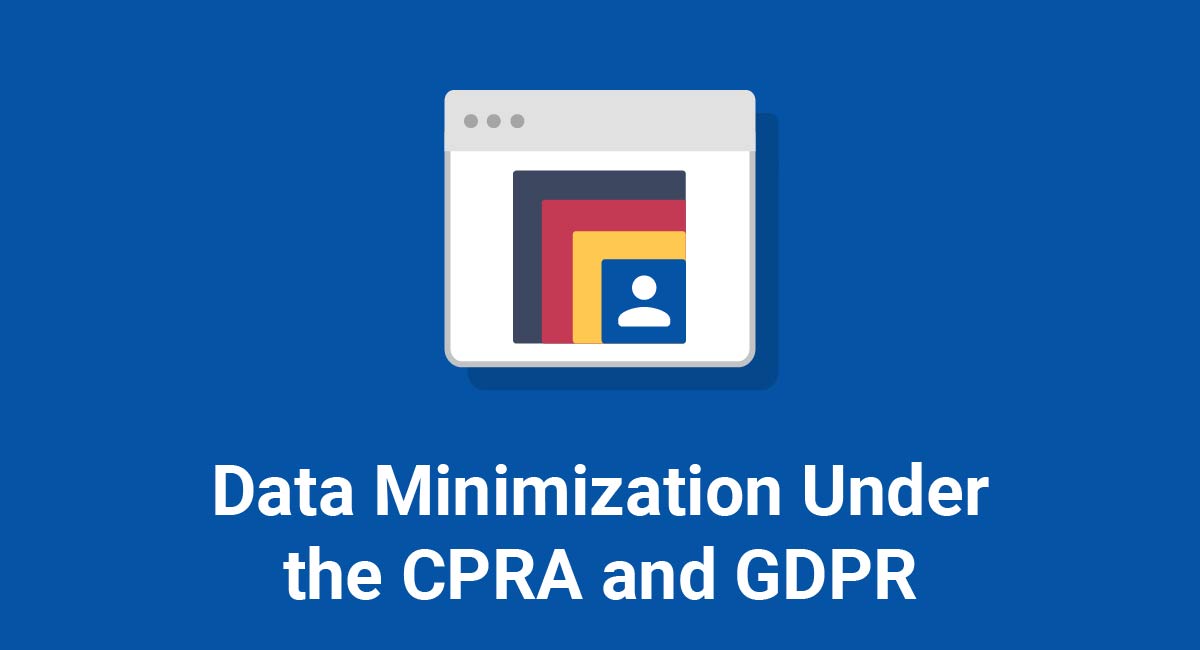Blog: EU Privacy Laws
Page 4
Navigate
-
EULA Agreements
-
Cookies Policy Agreements
-
Disclaimer Agreements
-
Privacy Policy Agreements
-
US Privacy Laws
-
Return Policy Agreements
-
Legal Requirements
-
EU Privacy Laws
-
Terms & Conditions Agreements
-
How to
-
Asia Privacy Laws
-
CA Privacy Laws
-
Consent
-
Templates
-
Consumer Privacy
-
AU Privacy Laws
-
LatAm Privacy Laws
-
Clauses
The GDPR's Anonymization versus CCPA/CPRA's De-identification
Anonymization under the EU's General Data Protection Regulation (GDPR), and de-identification under the California Consumer Protection Act (CCPA/CPRA) are both ways to protect the privacy of data subjects. De-identification is a process that can be used in the U.S. for compliance with the CCPA (CPRA). In contrast, GDPR anonymization is used...
Common Errors with GDPR Cookie Notice Banners
If you use a GDPR cookie consent notice banner, you need to be familiar with what you'll need to do. However, it's just about as relevant and important to be aware of what not to do. This article will look at what your cookie consent notice banner must include, and what...
Malaysia's PDPA vs the GDPR
The Malaysia Personal Data Protection Act (PDPA) went into effect on November 15, 2013. It was designed the PDPA to give residents greater control over their personal and sensitive data and how individuals and organizations with whom they do business use it. In this article, we'll go over the key similarities...
How to Avoid GDPR Legal Issues Over Cookie Consent
Recently, we've been seeing more companies being taken to court or investigated by regulators under the EU's cookie consent rules. The GDPR has been in effect since May 2018, but websites and apps continue to flout the rules around obtaining opt-in consent for cookies. In this article, we'll look at some high-profile...
The Draft UK Adequacy Decision: What's Next?
Many organizations were relieved to learn that the European Commission has adopted a draft adequacy decision for the UK. If approved, the adequacy decision would enable organizations to continue transferring personal data from the EEA to the UK without impediment. But the decision isn't final. There are many issues with the...
Data Minimization Under the CPRA and GDPR
The California Privacy Rights Act (CPRA) amendment to the CCPA contains the first "data minimization" requirement of any U.S. privacy law. And the General Data Protection Regulation (GDPR) has set global standards in minimizing data collection and use. The CPRA's requirements center around notice and choice. But the law also contains...
